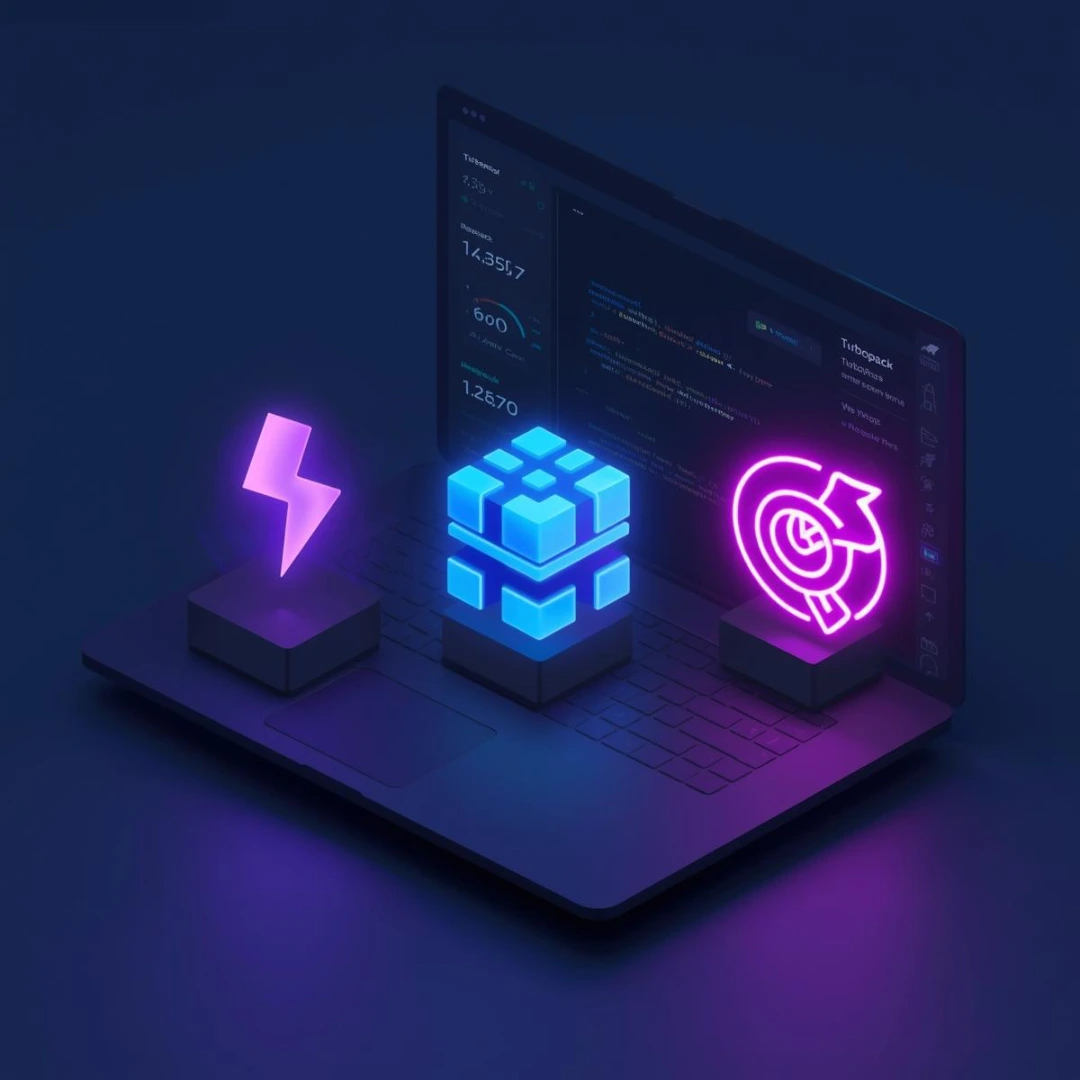
Victoria Olajide
Product & Content Marketing at Devcenter.
Article by Victoria Olajide, Product Marketing Manager, Devcenter.
In the tech ecosystem, staying ahead means embracing disruptive technologies that have the potential to transform industries. As a startup founder, you're always on the lookout for innovative solutions that can give your business an edge. This is why insights into disruptive technologies like AI, blockchain, and IoT, and how your startup can harness them for innovation and growth, are important.
Disruptive Technologies are Pioneering the Future
Disruptive technologies like AI, blockchain, and IoT, represent a shift in how we approach business and technology.
- Artificial Intelligence (AI), which includes machine learning and predictive analytics, offers startups the power to make data-driven decisions and automate processes, improving efficiency and decision-making.
- Blockchain is known for its decentralised and transparent nature. It provides an avenue to create secure and tamper-proof systems. Startups can leverage blockchain for secure transactions, supply chain management, and more, building trust with customers and partners.
- The Internet of Things (IoT) connects physical objects to the digital world. For startups, this means the ability to collect and analyse real-time data, creating new opportunities in sectors like healthcare, agriculture, and smart cities.
Disruptive Technology and Startups
Disruptive technologies are catalysts for innovation, and for startups, they present several opportunities. These innovations create new markets and redefine how businesses operate. Artificial Intelligence (AI), enables startups to harness the power of data in new ways, allowing predictive analytics, automation, and service personalization. This improves efficiency and highlights entirely new business models and customer experiences.
Blockchain empowers startups to build trust in their operations by offering tamper-proof and transparent systems. Blockchain is not just about cryptocurrencies; it can revolutionise supply chain management, identity verification, and more.
Startups that embrace these disruptive technologies find themselves at the forefront of innovation, taking the lead in their industry.
Gigson's Expertise in Disruptive Technologies
Exploring disruptive technologies like AI and blockchain can set your startup apart.
Gigson's developers are well-versed in these areas and can work with you to maximise innovation. They can integrate AI-driven analytics into your platform and also help create blockchain-based solutions.
Our developers have the expertise to make your business stand out.
Explore our variety of developers.
FAQs
1. How can startups effectively navigate the challenges and complexities associated with integrating disruptive technologies like AI, blockchain, and IoT into their existing business models and operations?
Ans: Startups can effectively navigate the challenges and complexities associated with integrating disruptive technologies like AI, blockchain, and IoT into their existing business models and operations by first conducting thorough research and analysis to understand the specific needs and opportunities within their industry. They should then develop a clear strategy for implementation, which may involve partnering with experienced technology providers, investing in talent with expertise in these areas, and ensuring seamless integration with existing systems and processes. Additionally, startups should prioritize ongoing monitoring and adaptation to ensure that their technology initiatives remain aligned with their business goals and market demands.
2. Beyond the general benefits mentioned, what specific use cases or applications within industries such as healthcare, agriculture, or smart cities could startups explore when leveraging IoT technology?
Ans: Specific use cases or applications within industries such as healthcare, agriculture, or smart cities that startups could explore when leveraging IoT technology include remote patient monitoring and telemedicine in healthcare, precision agriculture and smart farming practices in agriculture, and smart energy management and urban mobility solutions in smart cities. By harnessing IoT capabilities, startups can optimize resource utilization, improve decision-making, and enhance overall efficiency and sustainability across various sectors.
3. While the article emphasizes the potential opportunities that disruptive technologies offer startups, what are some common pitfalls or challenges that startups might encounter when attempting to adopt or implement these technologies, and how can they mitigate these risks effectively?
Ans: While the article highlights the potential opportunities that disruptive technologies offer startups, common pitfalls or challenges that startups might encounter when attempting to adopt or implement these technologies include technical complexities, high implementation costs, regulatory hurdles, and potential security and privacy concerns. To mitigate these risks effectively, startups should prioritize comprehensive planning and risk assessment, engage with experienced technology partners or consultants, ensure compliance with relevant regulations, and prioritize data security and privacy measures throughout the implementation process. Additionally, ongoing monitoring, evaluation, and adaptation are essential to address emerging challenges and optimize the benefits of disruptive technology adoption.




.webp)